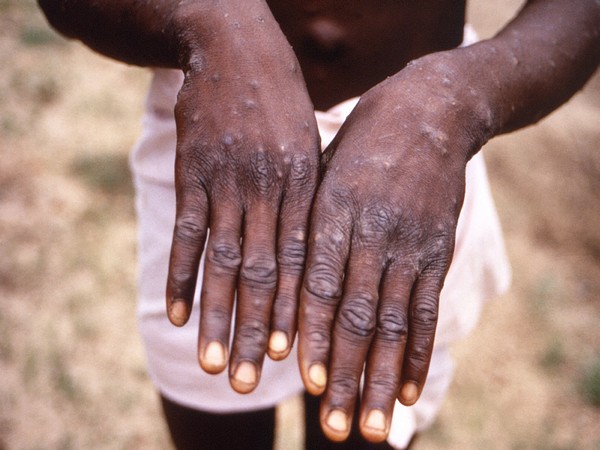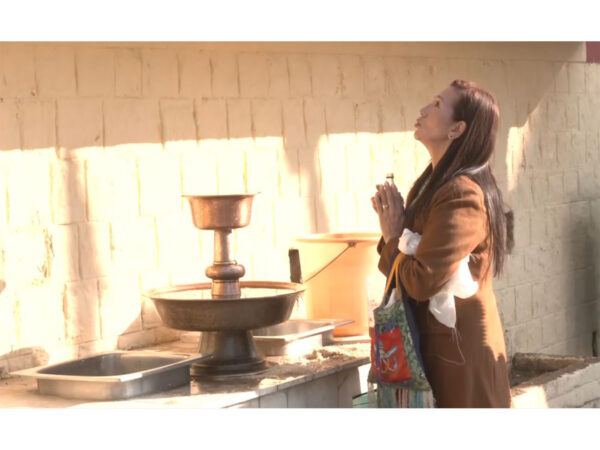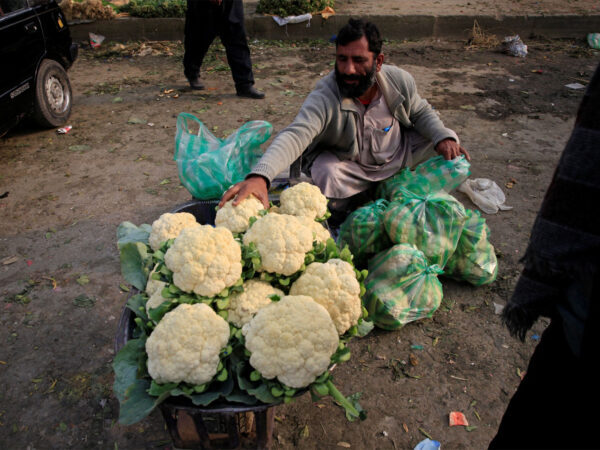
WHO Issues Alert As Monkeypox Cases Rise In World
World Health Organisation said on Friday that Monkeypox cases have risen across the world taking the total number of infections to 200 and cases have been reported across 20 countries.
“We have about 200 confirmed cases and more than 100 suspected cases, but we expect those numbers to go up. It is across more than 20 countries and in four WHO regions” Maria Van Kerkhove, the technical lead of COVID-19 response at WHO’s Emergency Diseases Unit said today.
The health body said this virus has been circulating for decades and very little attention has been paid to this. “Sadly and there are 1000 if not thousands of cases that are occurring there,” she said.
“We are asking countries to increase surveillance,” she said.
According to the top official of World Health Organization most of the cases that have been detected in non-endemic areas are among populations of men having sex with men, that identify as men having sex with men, but it not necessarily will be only exclusive to that group.
“So, we want to make sure that we dont stigmatise anyone related to this. This is about raising awareness. This is not a sexually transmitted infection. We do know that Monkeypox does transmit primarily from physical contact, skin to skin contact and that includes sexual contact,” she said.
The WHO official noted that Monkeypox is not the same as COVID-19 and “we are not seeing that type of expansion.”
Monkeypox is a viral zoonosis (a virus transmitted to humans from animals) with symptoms very similar to those seen in the past in smallpox patients, although it is clinically less severe.
According to WHO, Monkeypox typically presents clinically with fever, rash and swollen lymph nodes and may lead to a range of medical complications. Monkeypox is usually a self-limited disease with symptoms lasting from 2 to 4 weeks.
Issuing an alert to the National Centre for Disease Control (NCDC) and Indian Council of Medical Research (ICMR), the Central government has asked them to keep a close watch on the monkeypox situation and send samples of symptomatic travellers to the National Institute of Virology (NIV) in Pune for further investigation.
“Keep a close watch on Monkeypox situation abroad. Send samples (to NIV, Pune) only in such cases where people display certain specific symptoms. Not samples of sick passengers,” sources told ANI. (ANI)



